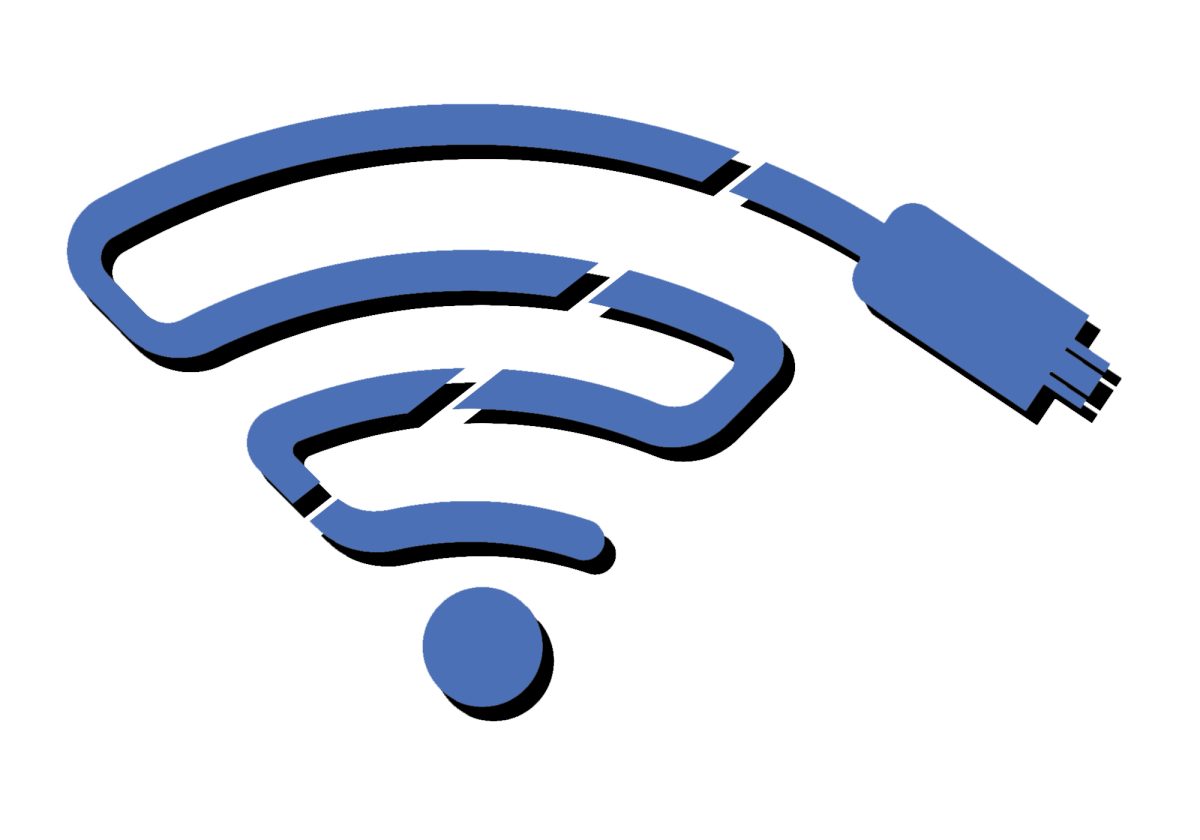No, Donald Trump is not a fascist
October 23, 2018
Occasionally I hear some concern from the American people over President Donald Trump’s political views and his distance from the traditional Republican Party platform. Some call him a fascist either as a true concern, an exaggeration or as an insult to him and his cabinet. Some people do see parallels between Trump’s rise to power in America and Adolf Hitler’s rise to power in Germany, but are there any correlations between Trump and the political ideology of Fascism?
Anyone who has researched or has simply taken the time to read and analyze documents from Fascists such as Benito Mussolini, Hitler and Joseph Goebbels will see the prevalent inaccuracy of labeling Trump as a fascist. The jargon and ideology these historical figures used and followed are extremely radical and oppressive, and these political concepts cannot work in the modern American democracy, and that is a cold hard fact.
The creation of fascism is credited to Benito Mussolini. Mussolini was an Italian political leader who seized power over Italy in 1922 and installed an authoritarian government under his control. Mussolini believed in the abolition of a democratic/liberal state, stressed ideas such as absolute state control and advocated for extreme empire building (imperialism) over neighboring/enemy nations.
“Fascism combats the whole complex system of democratic ideology and repudiates it, whether in its theoretical premises or in its practical application,” Mussolini wrote in “What is Fascism.” “Fascism denies that the majority, by the simple fact that it is a majority, can direct human society; it denies that numbers alone can govern by means of a periodical consultation, and it affirms the immutable, beneficial and fruitful inequality of mankind, which can never be permanently leveled through the mere operation of a mechanical process such as universal suffrage.”
The other major political party that adopted a fascist platform of Government is the National Socialist German Workers’ Party, or more commonly known as the Nazi Party. While Nazi ideology differed from Italian Fascism in many ways, such as calling themselves a socialist worker party, when compared to Mussolini who despised socialist ideology, they had similar ideals in some respects.
Trump is by no means working towards the abolition of the American Democratic system, and he is not labeling an “enemy” against the nation. Some people believe that Trump is a racist because of his policies and statements he has made to the public, but looking at his beliefs from a realist standpoint, he just has strong beliefs on immigration and refugee law reform. Trump can be seen as a misogynist, but as of yet, he has not advocated for hate based on gender and has not passed legislation restricting individuals based on gender.
Trump is not mobilizing the American military in the streets and creating a police state with an autocratic ruler. Trump in some respects can be placed on the far right on the political spectrum, but fascism is an extreme that he is not a part of and frankly can not be a part of because of the democratic powers in the U.S.
The only loose similarities between Trump and Fascist ideology is the strong sense of nationalism and a strong belief in nation revival. It can be plainly seen in his campaign slogan “Make America Great Again.” It is up to your own interpretation to believe that this is nationalism or patriotism. However, patriotism has been criticized by some people as of recently.
Do some research before you label a politician. Just because their beliefs are extremely different to yours, that does not make them a radical. Understanding what radicalism is, and in this case what fascism is, is needed to understand current political situations. Another example from the left side of politics is how people can label Sen. Bernie Sanders as a socialist. If people actually knew what socialism is, they would know not call Sanders a socialist just like calling Trump a fascist.
Jordan Boyer is a senior history major. He can be reached at 581-2812 or at jtboyer@eiu.edu.









![[Thumbnail Edition] Eastern Illinois University baseball's hitting coach and recruiting coordinator Mike Pugliese urges players on the team to increase their effort after a slow start to its pregame routine at the team's first intrasquad scrimmage of the season at O'Brien Field on Jan. 31, 2025.](https://www.dailyeasternnews.com/wp-content/uploads/2025/03/BB_02_O-1-e1741909628540-1200x702.jpg)
![[Thumbnail Edition] Senior tennis player Luisa Renovales Salazar hits the tennis ball with her racket at the Darling Courts at the Eastern Illinois University campus in Charleston, ILL.](https://www.dailyeasternnews.com/wp-content/uploads/2025/03/Tennis_01_O-1-e1741807434552-1200x670.jpg)
![[Thumbnail Edition] Senior right-handed pitcher Tyler Conklin pitching in the Eastern Illinois University baseball team's intrasquad scrimmage at O'Brien Field in Charleston, Illinois on Jan. 31.](https://www.dailyeasternnews.com/wp-content/uploads/2025/03/TC_01_O-e1741567955534-1200x669.jpg)





![[Thumbnail Edition] Senior, forward Macy McGlone finds an open teammate to pass the ball too during the game against the Tennessee State Tigers 69-49, in Groniger Arena on the Eastern Illinois University campus, Charleston Ill.](https://www.dailyeasternnews.com/wp-content/uploads/2025/03/WBB_02_O-1-e1741228987440-1200x692.jpg)


















![E[Thumbnail Edition] Eastern Illinois softball freshman utility player Abbi Hatton deciding to throw the softball to home plate in a fielding drill during softball practice at the field house in Groniger arena on Tuesday Feb. 11.](https://www.dailyeasternnews.com/wp-content/uploads/2025/03/SB_03_O-e1741208880750-1-e1741209739187-1200x815.jpg)















![The Weeklings lead guitarist John Merjave [Left] and guitarist Bob Burger [Right] perform "I Am the Walrus" at The Weeklings Beatles Bash concert in the Dvorak Concert Hall on Saturday.](https://www.dailyeasternnews.com/wp-content/uploads/2025/03/WL_01_O-1200x900.jpg)
![The team listens as its captain Patience Cox [Number 25] lectures to them about what's appropriate to talk about through practice during "The Wolves" on Thursday, March 6, in the Black Box Theatre in the Doudna Fine Arts Center in Charleston, Ill.](https://www.dailyeasternnews.com/wp-content/uploads/2025/03/WolvesPre-12-1200x800.jpg)



















